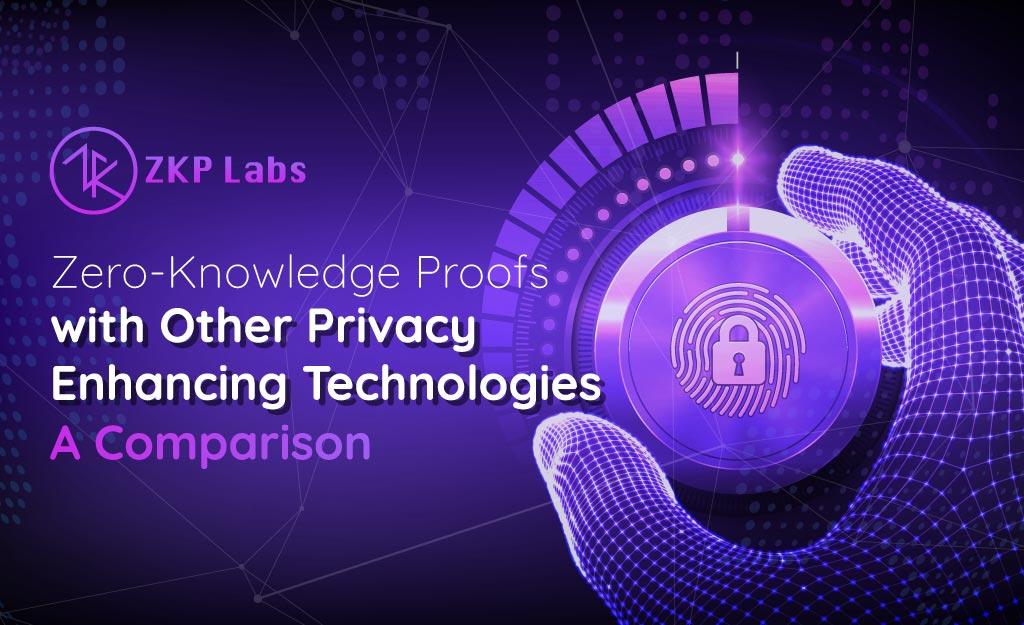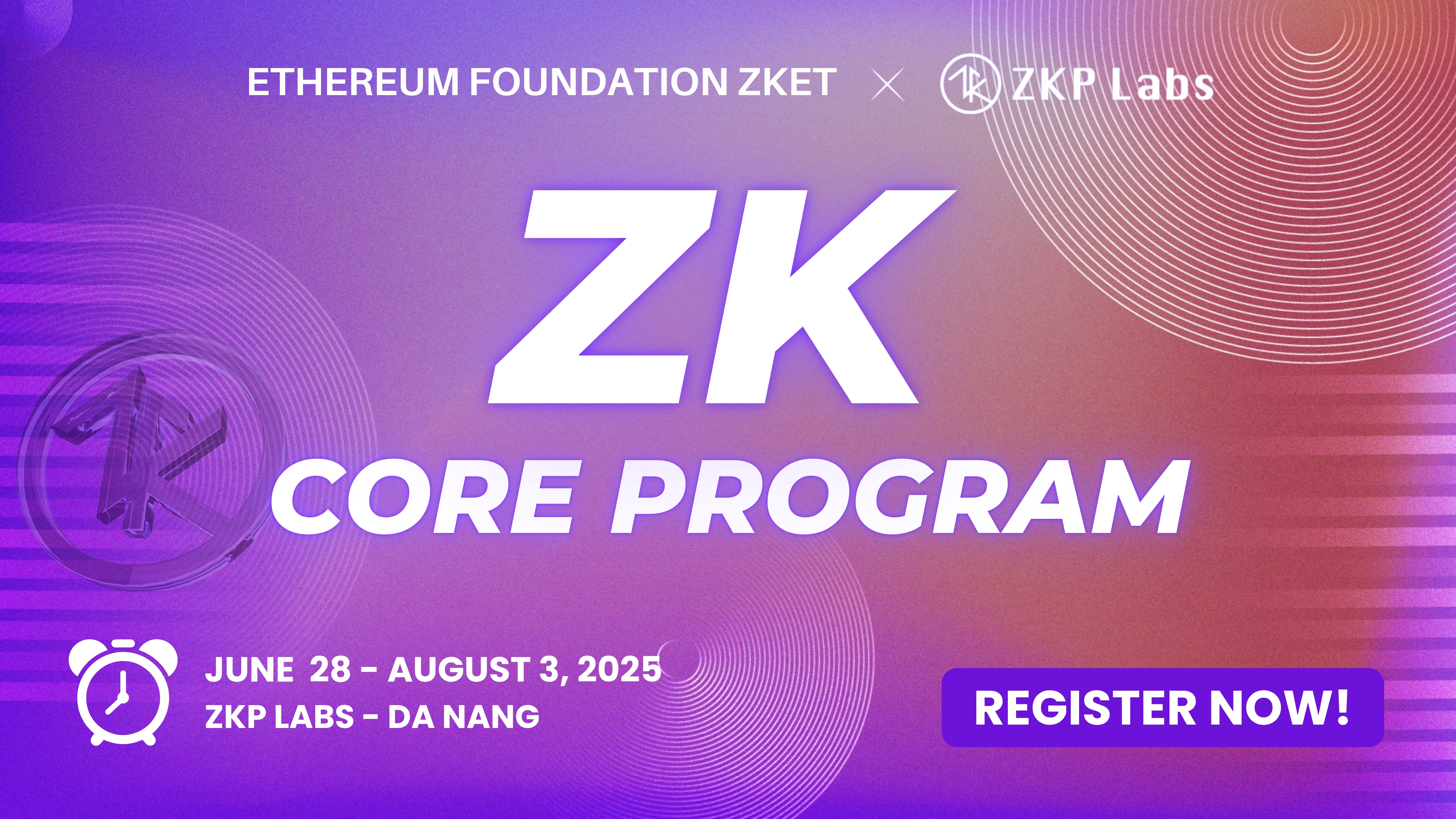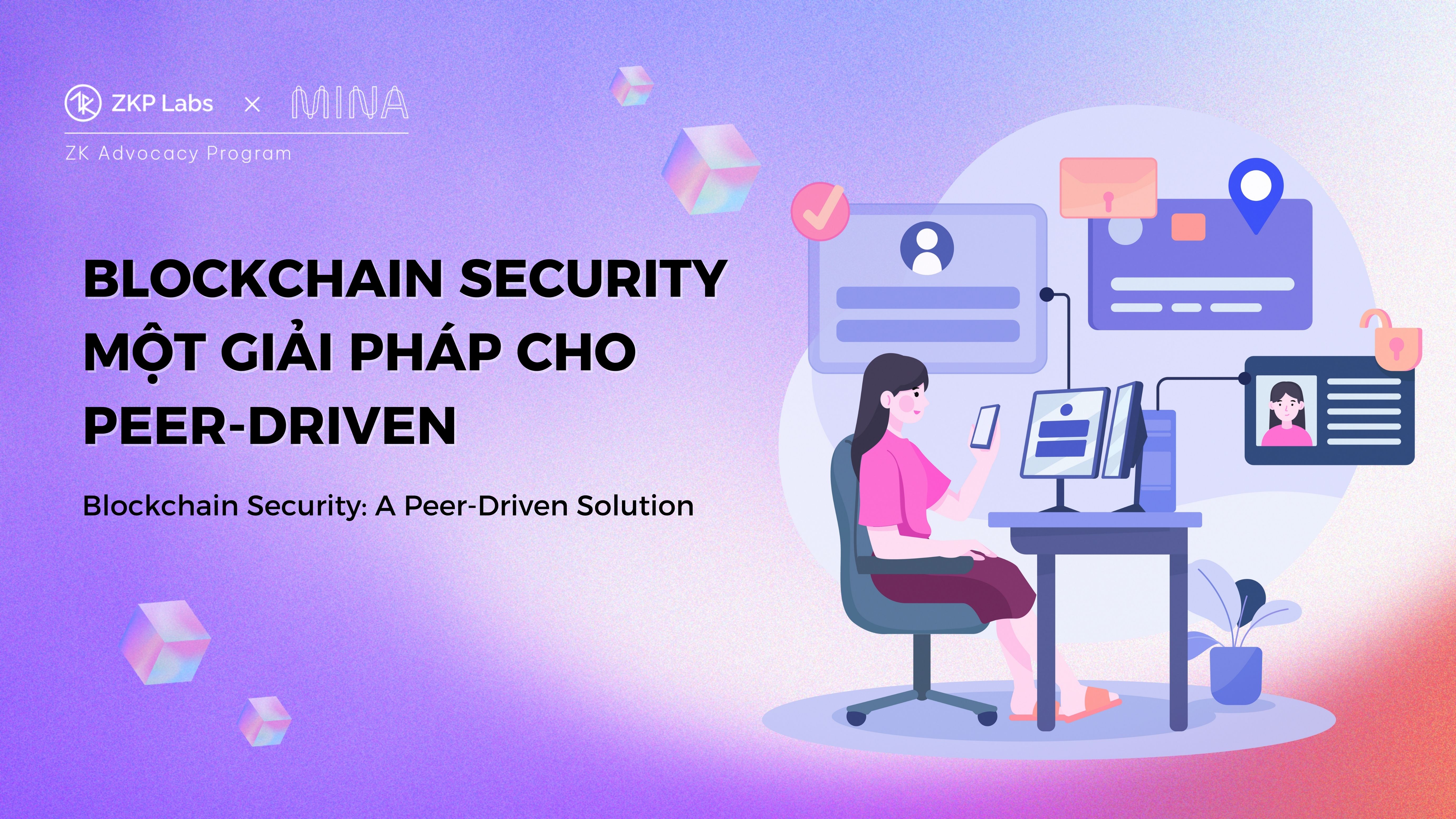Zero-Knowledge Proofs with Other Privacy-Enhancing Technologies: A Comparison
Table of Contents

In an era where privacy concerns are paramount, the development of privacy-enhancing technologies has become crucial. Among these technologies, Zero-Knowledge Proofs (ZKP) hold a significant position. This article aims to explore ZKP alongside other privacy-enhancing technologies, comparing their features, advantages, and use cases. By understanding the capabilities and limitations of these technologies, we can better appreciate their importance in safeguarding sensitive information in today's world.
What are Zero-Knowledge Proofs?
Zero-Knowledge Proofs are a type of proof that allows one party to demonstrate to another party the correctness of a statement or information without revealing the information itself. The term "Zero-Knowledge" refers to the fact that the verifier does not learn anything about the information being proven other than the fact that it is authentic. The term "proof" refers to the demonstration of the truth of a statement. In ZKPs, the prover and verifier engage in a series of interactions that allow the prover to prove to the verifier the truth of a statement without revealing underlying information. The key to these interactions is that the verifier is able to confirm the correctness of the statement without learning the contents of the statement
Read more about Zero-Knowledge Proofs: A Beginner's Guide to Understanding the Different Types of Zero-Knowledge Proofs
Other Privacy-Enhancing Technologies (PETs)
Privacy-enhancing technologies (PETs) encompass a range of digital solutions designed to enable the collection, processing, analysis, and sharing of information while safeguarding data confidentiality and privacy. These technologies play a vital role in protecting sensitive data, preserving individual privacy, and fostering trust in the digital ecosystem. In this section, we will delve into major PETs and explore their applications in various industries.
- Federated Learning:
Federated learning is a machine learning technique that facilitates collaborative model training across multiple decentralized devices or servers without the need for data centralization. By keeping data localized, federated learning addresses privacy concerns associated with sharing raw data. Industries such as healthcare, finance, and retail leverage federated learning to develop robust and privacy-preserving machine learning models that respect data sovereignty and individual privacy.
- Differential Privacy:
Differential privacy is a privacy-preserving technique that introduces controlled noise into data to protect individual privacy while allowing statistical analysis. It provides a mathematical framework for quantifying and balancing privacy and utility in data analysis. Differential privacy finds applications across a wide range of industries, where organizations can analyze aggregated data while ensuring the privacy of individuals' sensitive information.
- Multiparty Computation:
Multiparty computation (MPC), enables multiple parties to jointly compute a function on their private inputs without revealing those inputs to each other. It allows for collaborative analysis and decision-making while maintaining privacy. Secure computation finds applications in sectors, where organizations need to analyze data collectively while preserving the confidentiality of sensitive information.
The Growing Significance of PETs:
Recent events and statistics highlight the increasing adoption of PETs worldwide. As privacy regulations strengthen, it is projected that, by 2024, 75% of the global population will have their personal data covered under privacy regulations. This growing regulatory landscape, combined with rising privacy concerns, is driving the demand for PETs across various industries, including healthcare, finance, and retail. Organizations recognize the importance of safeguarding sensitive data and are actively seeking privacy-enhancing technologies to maintain compliance, build trust with users, and uphold ethical data practices.
Comparison of Zero-Knowledge Proofs with Other Privacy-Enhancing Technologies
Zero-Knowledge Proofs (ZKP) and other privacy-enhancing technologies (PETs) offer unique approaches to protecting privacy in digital interactions. In this section, we will compare ZKP with other PETs, highlighting their respective advantages and disadvantages.
1. Zero-Knowledge Proofs (ZKP)
ZKP allows one party to prove knowledge of a secret without revealing the secret itself. Its distinguishing characteristics include:
Advantages
- Trustless: ZKP does not require trust between parties, enhancing security and privacy.
- Decentralization: ZKP eliminates the need for a trusted third party, reducing reliance on central authorities.
- Efficiency: ZKP is known for its computational efficiency, enabling quick and resource-effective verifications.
Disadvantages
- Complexity: ZKP involves complex cryptographic protocols, requiring specialized knowledge for implementation and security audit.
- Computational Power: ZKP may require significant computational resources proving process, impacting performance in resource-constrained environments.
2. Other Privacy-Enhancing Technologies:
Other PETs, such as federated learning, differential privacy, secure computation, and homomorphic encryption, provide alternative approaches to privacy preservation. Let's explore their advantages and disadvantages.
Federated Learning
Advantages
- Efficiency: Federated learning optimizes computational resources by training models locally on decentralized devices, reducing the need for data transfers.
- Collaboration: Federated learning fosters collaboration among multiple parties without sharing raw data, promoting privacy and data sovereignty.
Disadvantages
- Communication Overhead: Federated learning involves frequent communication between devices, which can introduce latency and bandwidth limitations.
- Data Heterogeneity: Federated learning requires data from different sources, and variations in data distributions can impact the effectiveness of the trained models.
Differential Privacy
Advantages
- Simplicity: Differential privacy offers a straightforward framework for privacy-preserving statistical analysis, ensuring privacy while allowing data analysis.
- Flexibility: Differential privacy can be applied to various datasets and scenarios, accommodating diverse privacy requirements.
Disadvantages
- Data Utility Trade-off: Differential privacy introduces noise to protect privacy, which can impact the accuracy and utility of statistical results.
- Parameter Tuning: Differential privacy requires careful parameter selection to balance privacy guarantees and data utility effectively.
Multiparty Computation
Advantages
- Security: Secure computation enables private computation on sensitive data without exposing the inputs of individual parties, ensuring confidentiality.
- Versatility: Secure computation supports a broad range of applications, including secure data sharing and voting systems, with strong privacy guarantees.
Disadvantages
- Overhead: Secure computation techniques often involve additional computational and communication overhead, impacting performance in resource-constrained environments.
- Protocol Design Complexity: Secure computation protocols require careful design and analysis to ensure security, adding complexity to the development process.
Conclusion
This article has provided an in-depth exploration of Zero-Knowledge Proofs (ZKP) and their relationship with other privacy-enhancing technologies. We have discussed the foundations of ZKP, its applications, and its advantages over conventional verification methods. Additionally, we have examined a range of PETs, including federated learning, differential privacy, secure computation, and homomorphic encryption, outlining their definitions and use cases. By comparing these technologies, we have shed light on their respective strengths and limitations. In today's world, where privacy is of utmost importance, understanding and utilizing these privacy-enhancing technologies is vital to safeguard sensitive information and maintain trust in the digital landscape.
By embracing Zero-Knowledge Proofs and other privacy-enhancing technologies, individuals and organizations can navigate the complexities of data privacy and confidentiality, ensuring secure interactions and preserving the fundamental right to privacy.
About ZKP Labs
ZKP Labs is a non-profit organization that focuses on building a vibrant and supportive community in Southeast Asia dedicated to the advancement of Zero-Knowledge Proof (ZKP) technology. Through events, workshops, and training programs, we strive to create an environment that fosters collaboration, knowledge-sharing, and growth, empowering community members to contribute to the development and adoption of ZKP.
Categories
Event Recap
5
Zero Knowledge Proofs 101
32
Top Posts
1
How to start learning ZKPs as a beginner?
02 March 2023
2
Announcing the ZKP Advocacy Program Powered by Mina Foundation: Your Path to Zero-Knowledge Mastery
24 October 2024
3
What Jobs Can You Do About ZKPs?
15 March 2023
4
A Beginner's Guide to Understanding the Different Types of Zero-Knowledge Proofs
24 February 2023
5
Cơ chế và tác động của hành động làm giá trong thị trường tiền điện tử
21 December 2023
6
Khi Nào Zero-Knowledge Proofs Có Ích?
17 March 2025
7
Phân tích lỗ hổng lớn trong mạng zkEVM của Polygon
06 December 2023
8
Phân tích hành động lái giá: Tại sao hầu hết giá của dự án đều giảm?
21 December 2023
9
Hiểu về Plonky2: Một Framework SNARK hiệu suất cao dựa trên Rust
27 March 2025
10
Tìm kiếm cơ hội đầu tư vào Blockchain mô-đun
21 December 2023
Tag
Zero Knowledge Proofs


